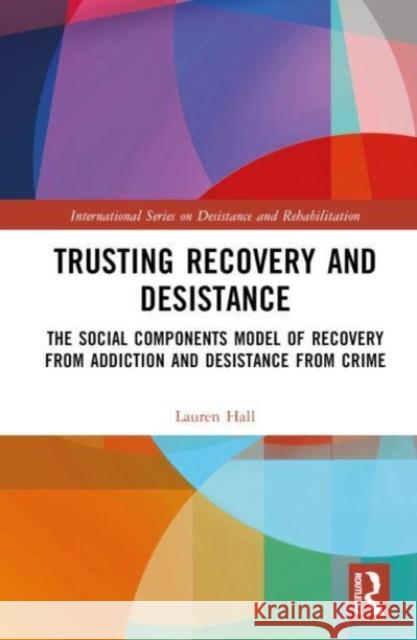Trusting Recovery and Desistance » książka
topmenu
Trusting Recovery and Desistance
ISBN-13: 9780367743475 / Twarda / 2023 / 208 str.
Trusting Recovery and Desistance
ISBN-13: 9780367743475 / Twarda / 2023 / 208 str.
cena 710,17
(netto: 676,35 VAT: 5%)
Najniższa cena z 30 dni: 680,04
(netto: 676,35 VAT: 5%)
Najniższa cena z 30 dni: 680,04
Termin realizacji zamówienia:
ok. 22 dni roboczych.
ok. 22 dni roboczych.
Darmowa dostawa!
Trusting Recovery and Desistance synthesises and presents research on the social influences of recovery and desistance.











